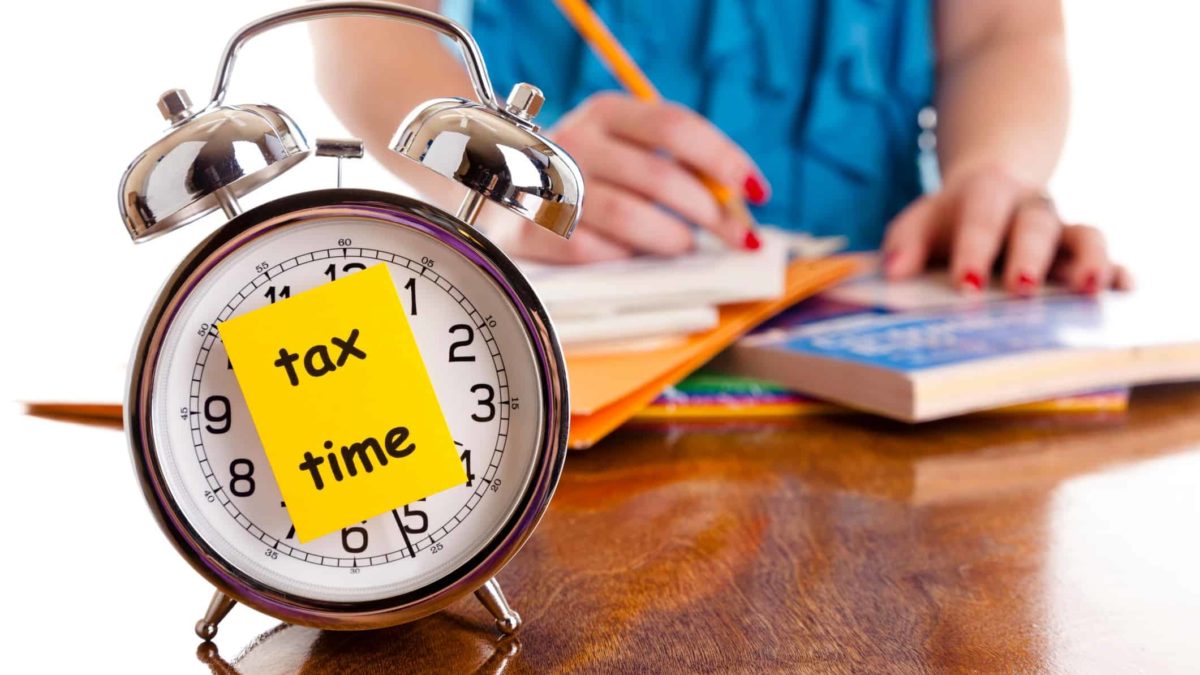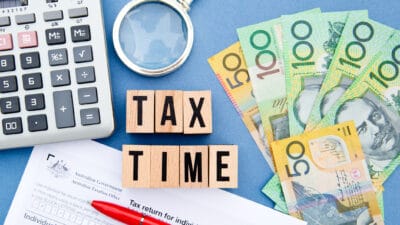Crypto investors take note.
The 2022 financial year is fast drawing to a close.
And the Australian Tax Office (ATO) is well aware that ever more Australians bought and sold Bitcoin (CRYPTO: BTC), Ethereum (CRYPTO: ETH) and a wide range of other altcoins over the past 12 months.
The ATO recently revealed it would be paying special attention to capital gains realised from crypto sales.
As posted on the ATO website, "If you are involved in acquiring or disposing of cryptocurrency, you need to be aware of the tax consequences. These vary depending on the nature of your circumstances."
As circumstances can and do vary widely, we asked Lee Daniels, market analyst at CoinSpot, what investors might not know about crypto tax in Australia.
Crypto is viewed as an asset subject to capital gains taxes
"Like shares or property, crypto is viewed as an asset. Every time you sell, swap, spend or gift crypto, it counts as a capital gains event", Daniels told The Motley Fool.
As the name implies, you need to pay a capital gains tax (CGT) if you've gained money by selling Bitcoin, an altcoin, or a non-fungible token (NFT) during the financial year. That gain represents your selling price minus your buying price.
However, that won't apply if you're holding onto your digital assets. "If you have held your crypto, even if the value has increased, you will not need to pay CGT," Daniels said.
And there are exemptions to be aware of:
When paying CGT, there are exemptions that may apply, including using crypto to purchase goods or services. Donating crypto to a registered charity is also not considered a capital gains event. You can even claim the amount on your tax return.
Keep track of your holding period
A second handy tip Daniels shared was to be sure to note how long you've held your crypto before selling or spending it.
"If you hold crypto for over 12 months, you will only pay tax on 50% of your capital gain," he said.
Importantly, that 50% discount won't apply to traders.
According to Daniels:
One key thing that crypto holders should consider is whether they are an investor or a trader. The ATO differentiates between the two. And how you handle your taxes can entirely depend on which classification you fall under.
Put simply, an investor is someone who is primarily buying and selling digital assets for personal investment using personal funds.
A trader is someone whose primary cryptocurrency activities revolve around business income. Therefore, a trader's profits or losses may be subject to the relevant type of income tax, rather than capital gains tax.
Lost money on your crypto investments, pay less tax
Digital assets have come under tremendous pressure this calendar year amid fast rising interest rates. In fact, you have to go back to December 2020 to find Bitcoin, the top token by market cap, trading for less than it is today.
Which could mean you can write off some of that pain via a capital loss.
"A capital loss is when the value of your crypto is worth less at the time it is sold than when you bought it," Daniel said. "Capital losses can offset capital gains either in the same financial year or in subsequent financial years."
If you made a $5,000 profit selling Bitcoin early in the year but lost $5,000 in a later transaction, you wouldn't owe any tax.
"If your coins have been lost or stolen, you may also be able to claim a capital loss," Daniels added.
Trading within digital assets
Some investors and traders steer entirely clear of fiat currencies like the Aussie dollar and trade entirely via digital tokens.
But this won't get you off the hook with any potential taxes owed.
According to Daniels:
Although trading from crypto-to-crypto means any profit you made has not involved Australian dollars, CGT still applies.
When trading crypto-to-crypto, you are receiving an asset rather than money. In this case, you will need to keep track of all of your trades to calculate any capital gains or losses for your tax return.
Don't ignore those NFT sales
NFTs have soared in popularity over the past year. And if you've sold some of this digital artwork for a gain, the ATO wants to know about it.
"Generally, the same rules apply for NFTs as crypto when it comes to income tax," Daniels said.
He explained:
An income tax treatment depends on whether you use the NFT as part of a business, as a personal asset or as a capital asset of a business. If you are buying and selling a large volume of NFTs, you may be considered to be operating as a business.
If you purchase an NFT as part of your overall investment portfolio, then the ensuing sale of that NFT will likely count towards your CGT. If you hold an NFT for at least 12 months, then the 50% general CGT discount is also available to you.






